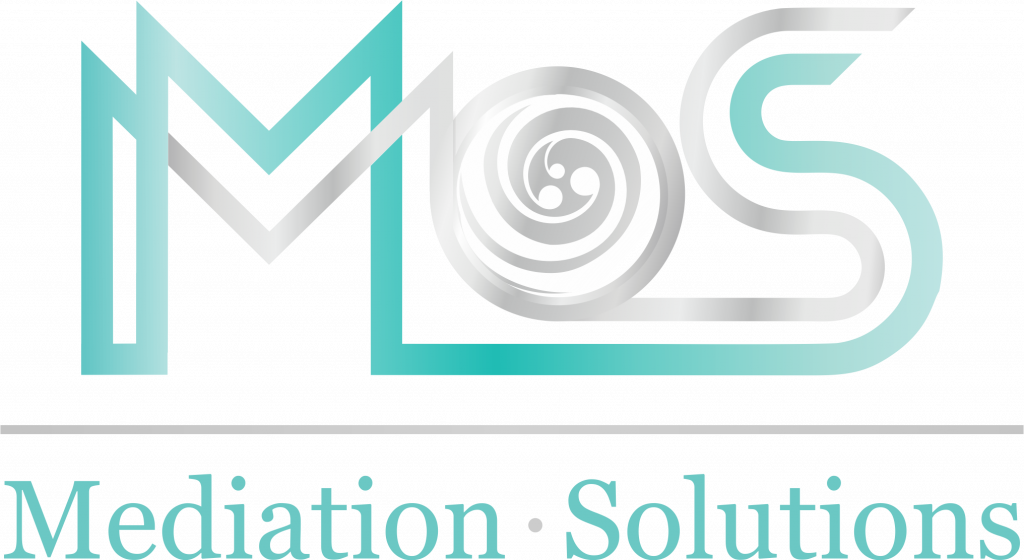
The Benefits of Divorce Mediation and Co-Parenting
By focusing on respectful communication and putting your children first, you can navigate this challenging time in a way that benefits the whole family.
Divorce is never easy. It’s an emotional and challenging process for everyone involved, but there are ways to make it smoother. One of the best approaches is divorce mediation. This involves a neutral third party, called a mediator, who helps couples work out their differences. Here are some benefits of divorce mediation and why it’s crucial for parents to maintain a good relationship after divorce, especially for the sake of their children.
Benefits of Divorce Mediation
- Less Stressful: Mediation is typically less stressful than going to court. It allows both parties to discuss their issues calmly and in a controlled environment.
- Cost-Effective: Mediation often costs less than a long court battle. This can save both parties money, which can be better used for their children’s needs.
- Faster Resolution: Mediation can be quicker than the traditional court process, meaning you can move on with your lives sooner.
- Confidential: Unlike public court cases, mediation is private. This helps protect your personal information and maintain your dignity.
- Better Communication: Mediation encourages open communication, helping both parties understand each other’s perspectives and find a middle ground.
- Customized Agreements: Mediators help create solutions tailored specifically for your family, rather than a one-size-fits-all approach.
The Importance of a Good Relationship After Divorce
Maintaining a good relationship after divorce is crucial for the well-being of your children. Here’s why:
- Stability for Children: Children thrive in stable environments. When parents get along, it creates a sense of security and stability for them.
- Emotional Well-Being: Seeing their parents cooperate and communicate positively helps children feel less stressed and anxious about the divorce.
- Positive Role Models: Parents who handle their differences maturely set a good example for their children, teaching them how to handle conflicts and maintain healthy relationships.
- Better Co-Parenting: A good relationship between parents makes co-parenting easier, allowing both to work together on important decisions for their children’s future.
- Reduced Conflict: Ongoing parental conflict can be very harmful to children. Keeping a good relationship helps reduce arguments and tension.
- Focus on the Kids: When parents get along, they can focus on what’s most important—their children’s happiness and development.
How to Maintain a Good Relationship
- Communicate Respectfully: Always speak to each other with respect, especially in front of the children.
- Put Children First: Remember that your children’s well-being is the most important thing. Make decisions that are in their best interest.
- Stay Flexible: Be willing to compromise and be flexible with schedules and arrangements.
- Seek Help if Needed: If communication is difficult, consider seeing a therapist or counselor to help you work through issues.
- Set Boundaries: Establish clear boundaries to help maintain a healthy relationship.
Divorce mediation offers many benefits and can make the divorce process smoother and less painful. For parents, maintaining a good relationship after divorce is one of the best things you can do for your children. It ensures their well-being and sets a positive example for them. By focusing on respectful communication and putting your children first, you can navigate this challenging time in a way that benefits the whole family.

